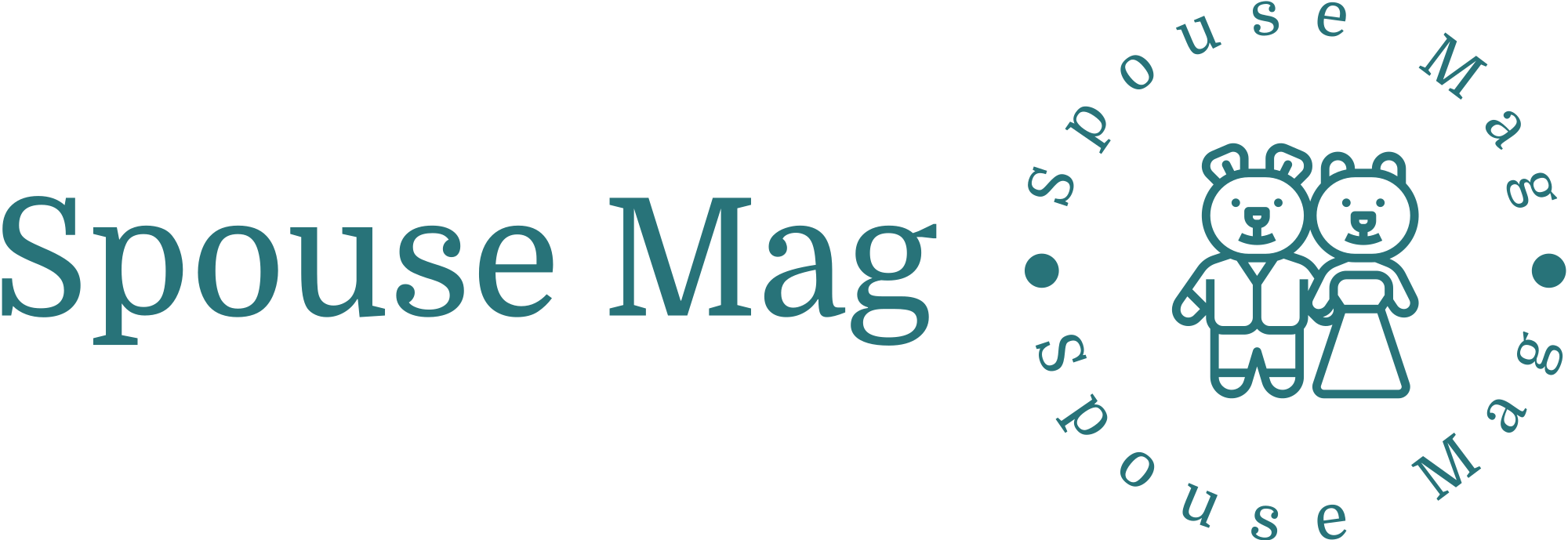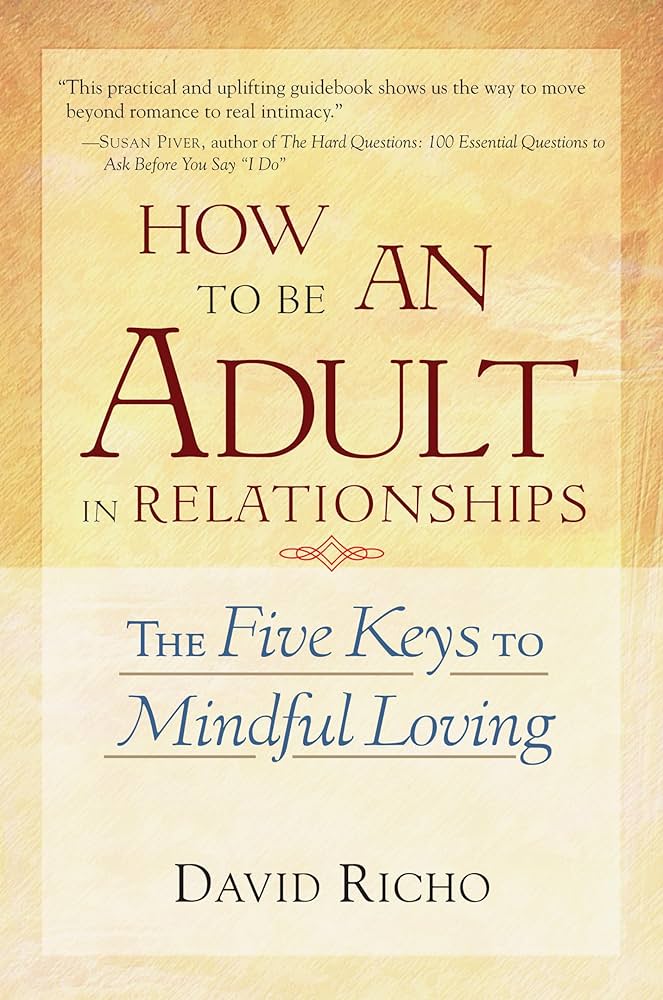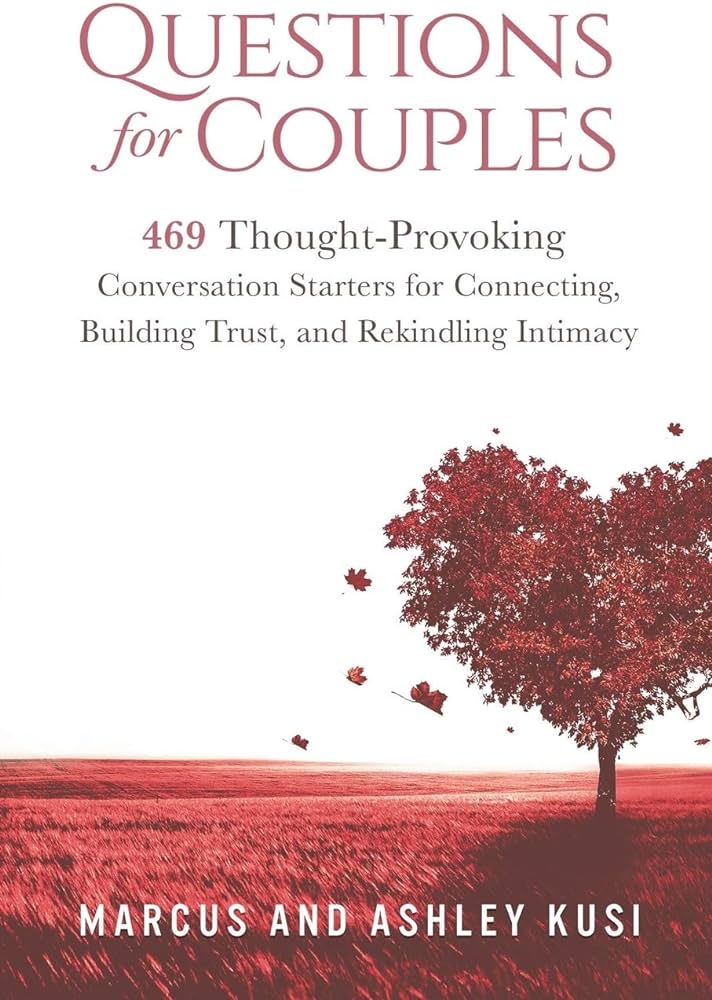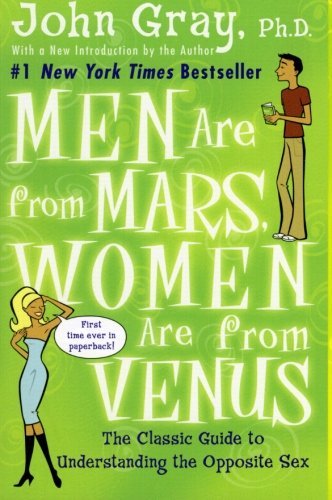As a relationship expert, I’m always eager to find resources that help me understand how people connect. I recently read Attached by Amir Levine which explores the intricacies of attachment styles—secure, anxious, and avoidant.
This book comprehensively analyzes how these styles influence our approach to intimacy, conflict resolution, and emotional needs. It highlights the significance of recognizing attachment styles when choosing compatible partners and enhancing relationship satisfaction.
Through detailed discussions and practical advice, the author aims to help readers navigate their relationships with greater self-awareness and effectiveness.
Understanding Attachment Styles
The book emphasizes that understanding attachment styles is foundational for building and maintaining healthy relationships.
There are three main types: secure, anxious, and avoidant. Secure folks are the relationship rockstars – comfortable with intimacy, trust, and open communication. Anxious types crave closeness but often worry about abandonment. On the flip side, avoidants prefer independence and find intimacy overwhelming.
When I read about these attachment styles, I couldn’t help but reflect on my past relationships. It was almost like I was reading my relationship history, with all the missteps and misunderstandings suddenly making sense.
Critique: Overlooked Aspects of Attachment Styles
While the concept of secure, anxious, and avoidant attachment styles provides a helpful framework, it’s essential to remember that these styles aren’t rigid boxes. People often exhibit a blend of these styles, and they can fluctuate based on life experiences and relationships. Additionally, cultural and societal factors significantly impact attachment styles.
Influence of Attachment Styles on Intimacy and Conflict
Levine says how you approach intimacy is deeply rooted in your attachment style. Secure individuals typically feel comfortable with emotional closeness and physical intimacy. They can balance independence with interdependence.
On the other hand, anxious individuals often crave intense intimacy but may struggle with trust and jealousy. Avoidants find intimacy overwhelming, leading to emotional distance and difficulty expressing feelings.
I’ve seen this play out time and again in my work with clients. There was one couple I worked with where the husband had an avoidant attachment style and the wife was anxious. It was a classic case of one person needing space while the other needed constant reassurance.
Critique: Inadequate Exploration of Conflict Resolution and Intimacy in Attachment Styles
Where the book falls short is in its exploration of conflict resolution and intimacy within the context of attachment styles. While it touches on these topics, it doesn’t go deep enough. For instance, how do avoidant individuals express love and intimacy? It’s a complex issue that deserves more attention.
Choosing Compatible Partners Based on Attachment Styles
Understanding your attachment style is a powerful tool when selecting a partner. The book suggests that similar and complementary styles lead to harmonious relationships.
For instance, a secure person finds comfort in another secure individual or can provide a stabilizing influence for an anxious partner. However, relationships between two anxious or two avoidant individuals are challenging due to overlapping insecurities and emotional distance.
I recall reading this section and reflecting on a relationship I had in my 20s. I was anxious, and he was avoidant. It was a rollercoaster of emotions, me constantly seeking closeness and him pulling away. At the time, I thought it was just bad luck in love, but “Attached” helped me see that it was our incompatible attachment styles driving this dynamic. If I’d known then what I know now, I might have saved myself a lot of heartache.
Critique: Overemphasis on Attachment Style Compatibility in Relationships
I believe that focusing too much on finding someone with a “compatible” attachment style is limiting. Some of the strongest relationships I’ve seen have been between people with different styles who’ve worked hard to understand and support each other.
Compatibility isn’t just about matching attachment styles, it’s also about shared values, life goals, and the willingness to grow together. So while this advice is helpful, it’s not the only factor to consider.

Enhancing Self-Awareness
The book emphasizes that awareness of your attachment style enhances self-awareness and relationship dynamics. For secure attachment, it highlights how individuals generally understand their own and their partner’s emotional needs. This resonates with my experience, where secure individuals often have a solid grasp of relationship dynamics.
For avoidant attachment, the book suggests that increased self-awareness helps understand how their need for independence affects relationships.
The anxious attachment style is discussed as benefiting from recognizing how one’s need for reassurance impacts relationships. This aligns with my experiences with anxious clients.
Critique: Excessive Focus on Self-Analysis
However, “Attached” unmistakably falls short by occasionally promoting an excessive focus on self-analysis. Understanding your attachment style is undoubtedly beneficial, but there’s a risk of becoming too fixated on it. I’ve seen people become so engrossed in identifying and analyzing their attachment patterns that they start to overthink every interaction.
This hyper-focus leads to increased anxiety rather than the empowerment the book intends.
Beyond Labels
The book concludes with a strong emphasis on the importance of genuine connection and emotional intimacy. This aligns with my therapeutic approach. While understanding attachment styles is helpful, it’s not a substitute for open communication, empathy, and shared experience.
Flexibility, adaptability, and a willingness to grow together are essential for long-lasting love. As a relationship expert, I believe that building strong foundations of trust, respect, and support is ultimately more impactful than relying solely on attachment theory.
Critique: Neglected the Role of Attachment Styles in Facilitating Genuine Connection
While the emphasis on genuine connection and emotional intimacy is spot on, I believe it’s essential to explore further how attachment styles facilitate this connection, rather than simply stating they are not a substitute. For instance, understanding one’s attachment style provides invaluable insights into communication patterns, emotional expression, and conflict resolution.
By addressing these underlying dynamics, people can more effectively cultivate deeper connections.
Conclusion
This book provides a solid foundation for understanding attachment theory. It’s a helpful resource for individuals seeking to understand themselves and their partners.
However, it’s essential to remember that every relationship is unique, and there’s no one-size-fits-all approach to love. The book’s teachings should be balanced with understanding the broader, more complex nature of relationships, ensuring that self-awareness leads to growth and connection rather than over-analysis and rigidity.
Goodreads Reviews on “Attached”
“Attached” has received diverse reader comments on Goodreads regarding its exploration of attachment styles. Here are some highlights:
Jennifer L., Book Enthusiast: “This book is a game-changer for anyone trying to make sense of their relationships. The explanations are clear, and the real-life examples helped me see how my attachment style impacts my relationships.”
Michael R., Relationship Coach: “‘Attached’ provides a thorough breakdown of attachment theory and its implications for romantic relationships. I found the insights particularly useful for my coaching practice.”
While generally well-received, “Attached” has also elicited some criticisms and questions:
Maria Lopez, Freelance Writer: “The theoretical insights in ‘Attached’ are solid, but I was left wishing for more actionable advice. Understanding attachment styles is one thing, but practical strategies for applying this knowledge would have been more helpful.“
Alex Johnson, Software Engineer: “By emphasizing attachment styles, it often overlooks other significant factors in relationships, such as external stressors or personal development, making it feel a bit one-dimensional.”
Rating: ★★★★☆ (4 out of 5 stars)
Recommendation: If you’re looking to unlock the secrets of your love life and build stronger, more fulfilling relationships, “Attached” is an absolute must-read. Trust me, the insights you’ll gain are invaluable.

As a married wife, founder, and editor of SpouseMag.com – these guides are based on my own personal experiences, observations, research and insights. I am transparent about being inspired by the life and work of the two greatest experts in the relationship space – Dr. John and Julia Gottman, and Harville and Helen. They two are some of the strongest couples, researchers, authors, and counselors when it comes to marriage and relationships. My advice and guides are based on my insights and research, and they are not an alternative to professional advice.





